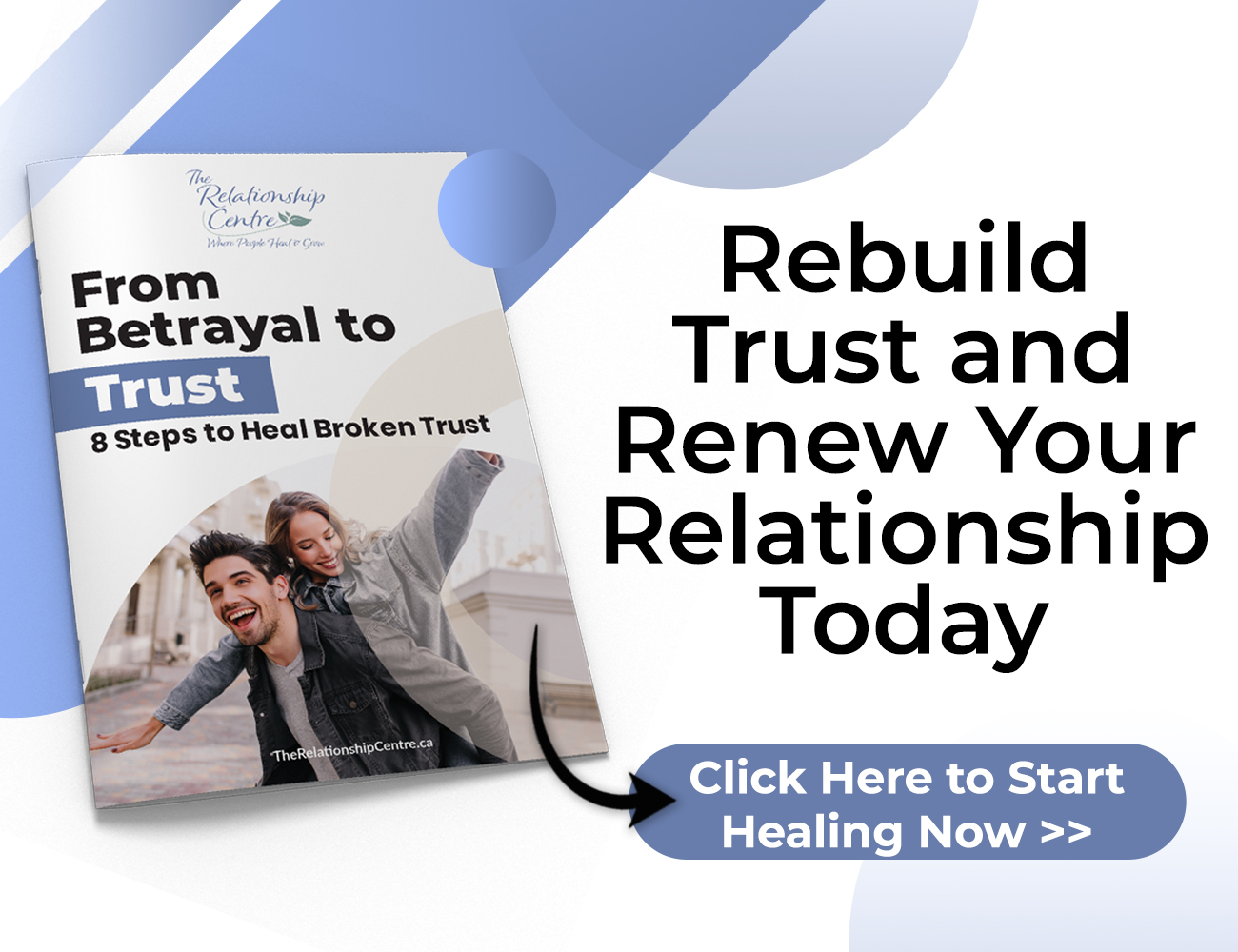Did you know that the average Canadian spends an estimated 2.5 days each year looking for misplaced items? That’s valuable time wasted in the chaos of clutter. Fear not, there is hope if you want freedom from the overwhelming weight of possessions.
What if you could find freedom from clutter by overcoming emotional attachments and resistance? You may not realize it, yet clutter often holds an emotional grip on us, making it difficult to let go.
By the end of this article, you will know the psychology behind these attachments and practical strategies for identifying and addressing resistance. From there, a guide you through effective decluttering strategies to create a peaceful environment.
Additionally, you will also have an established system for organizing and maintaining order, ensuring that your newfound freedom from clutter lasts. Get ready to embrace a clutter-free lifestyle and experience the liberation it brings. Let’s begin this journey together.
Key Takeaways
- Clutter holds emotional grip, making it difficult to let go.
- Strategies to overcome resistance: reflect on attachment, start small, seek support, practice gratitude, visualize ideal environment.
- Embrace minimalist living mindset and set aside dedicated time for decluttering.
- Regularly declutter and reorganize to maintain clutter-free space.
Societal Understanding the Emotional Attachment to Clutter
You might find it hard to let go of clutter because of the emotional attachments you have formed with your belongings. It’s important to understand the psychological impact that clutter can have on your mind and emotions. Clutter can remind you of past experiences, people, or places. Giving it up may feel like you are losing a part of yourself. However, holding onto clutter can also prevent you from moving forward and creating a peaceful and organized living space.
To overcome sentimental attachment to clutter, it can be helpful to explore the reasons behind your emotional connection. Are you holding onto items because they represent a happy memory or because you fear forgetting someone or something? By acknowledging these emotions, you can start to detach from the physical items and find alternative ways to preserve the memories, such as taking photos or writing in a journal.
Identifying and addressing resistance to letting go is the next step in finding freedom from clutter. This resistance can stem from fear of change, concern about wasting money, or worry about what others might think. By recognizing and addressing these underlying fears, you can start to let go of clutter and embrace a more minimalist lifestyle.
Identifying and Addressing Resistance to Letting Go
Confronting the emotional barriers that hinder the release of belongings can be a challenging journey towards liberation from a sea of possessions. When it comes to letting go of clutter, resistance challenges can arise. These challenges make it difficult to part with items that hold sentimental value or memories.
It’s important to identify and address this resistance in order to make progress in the letting go process. Here are five strategies to help you overcome resistance and find freedom from clutter:
- Reflect on your attachment: Take a moment to understand why certain items hold such emotional significance. Recognize that memories are not tied to physical objects, they’re tied to experiences and feelings associated with them.
- Start small: Begin by decluttering less sentimental items to build momentum and confidence. Gradually work your way towards more emotionally charged belongings.
- Seek support: Reach out to a friend or family member who can provide encouragement and accountability during the decluttering process. Having someone by your side can make the journey less daunting.
- Practice gratitude: Shift your focus from what you’re letting go of to what you’re gaining. Express gratitude for the space, clarity, and peace that decluttering will bring into your life.
- Visualize your ideal environment: Envision the peaceful and clutter-free space you desire. Use this vision as motivation to let go of items that no longer serve you.
By addressing resistance and employing these strategies, you can begin the journey towards a peaceful and clutter-free environment. Transitioning into the subsequent section about decluttering strategies for a peaceful environment, let’s explore practical steps to help you achieve your desired space.
Traditional Decluttering Strategies for a Peaceful Environment
Transitioning into a clutter-free haven requires implementing effective decluttering strategies that will create a peaceful environment. To achieve this, it is essential to embrace decluttering techniques and embrace a minimalist living mindset.
Start by setting aside dedicated time to declutter and organize your space. Break down the process into manageable tasks, focusing on one area at a time. As you go through your belongings, ask yourself if each item brings you joy or serves a practical purpose. If not, consider letting it go. Be ruthless in your decision-making, and remember that less is often more when it comes to creating a serene atmosphere.
Consider adopting a “one in, one out” rule to maintain a clutter-free space — for every new item you bring into your home, you must let go of something else. It helps prevent accumulation and encourages mindful buying habits.
Additionally, create designated spaces for frequently used items and establish a system for organizing and maintaining order. This could include using labels, storage bins, or dividers to keep everything in its rightful place.
By implementing these decluttering strategies and embracing a minimalist mindset, you will create a peaceful environment that promotes a sense of calm and tranquility. Transitioning into the next section about creating a system for organizing and maintaining order, remember that organization is the key to long-term clutter-free living.
Create a System for Organizing and Maintaining Order
Establishing a practical system for organizing and maintaining order is essential for creating a clutter-free and peaceful environment. To achieve this, here are some organizing tips and storage solutions that will help you in your journey towards a more organized life.
First, get rid of items that you no longer need or use. This will instantly create more space and make it easier to organize the things you want to keep. Sort your belongings into categories such as clothing, books, and kitchenware. This will help you see what you have and make it easier to find things when you need them.
Next, invest in storage solutions that work for you. Whether it’s bins, baskets, or shelves, find a system that fits your space and allows for easy access to your belongings. Labeling containers can also be helpful, as it helps you quickly identify what’s inside.
Once you have everything organized, make a habit of putting things back in their designated places. This will help maintain order and prevent clutter from building up again. Regularly decluttering and reorganizing will also ensure that your space remains clutter-free.
By establishing an effective system for organizing and maintaining order, you can create a peaceful and clutter-free environment. In the next section, we will delve into embracing a clutter-free lifestyle and the benefits it offers.
Embracing a Clutter-Free Lifestyle
Embracing a clutter-free lifestyle is like stepping into a serene garden, where the absence of unnecessary possessions allows your mind to bloom and your spirit to thrive. Minimalist living is about intentionally choosing to live with less, focusing on what truly matters and letting go of the excess. By decluttering your space, you create a harmonious environment that promotes peace and clarity.
The benefits of decluttering are numerous. First and foremost, it helps reduce stress and anxiety. When your physical space is cluttered, it can lead to mental clutter and overwhelm. By simplifying your surroundings, you create a sense of calm and order that positively impacts your overall well-being.
A clutter-free lifestyle also allows you to save time and energy. Without the burden of excessive possessions, you spend less time searching for things and more time doing the things you love. It becomes easier to maintain a clean and organized space, as there are fewer items to manage.
Furthermore, embracing minimalism can lead to financial freedom. By being mindful of your purchases and focusing on quality over quantity, you save money in the long run. You become more intentional with your spending, investing in items that truly add value to your life.
Incorporating minimalist living into your daily routine is a powerful way to create a peaceful and fulfilling life. Take the first step towards a clutter-free lifestyle and experience the transformative benefits it offers.
Conclusion
In conclusion, it’s time to break free from the emotional attachments and resistance that clutter brings into your life.
Remember the old saying, “A cluttered space is a cluttered mind.”
By identifying and addressing the reasons behind your attachment to clutter, implementing effective decluttering strategies, and creating an organized system, you can create a peaceful environment that promotes productivity and overall well-being. Embrace the clutter-free lifestyle and experience the freedom it brings to your life.
If you would like to see how one of our therapists can help you or someone you know, simply call 613-848-3683 and one of our Client Care Coordinators would be delighted to share the details with you.
Or… Click here to book a call with a Care Coordinator now >>














